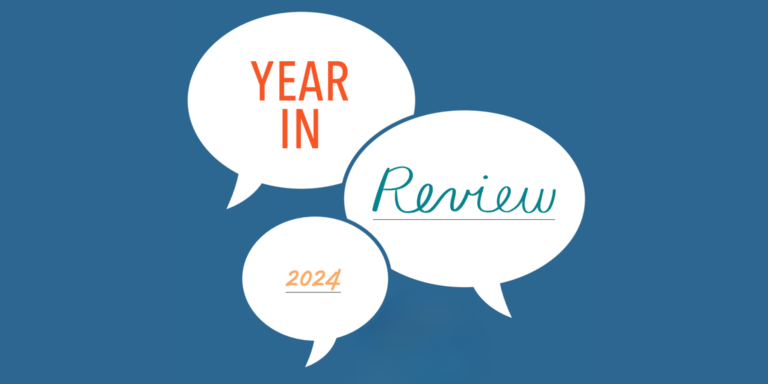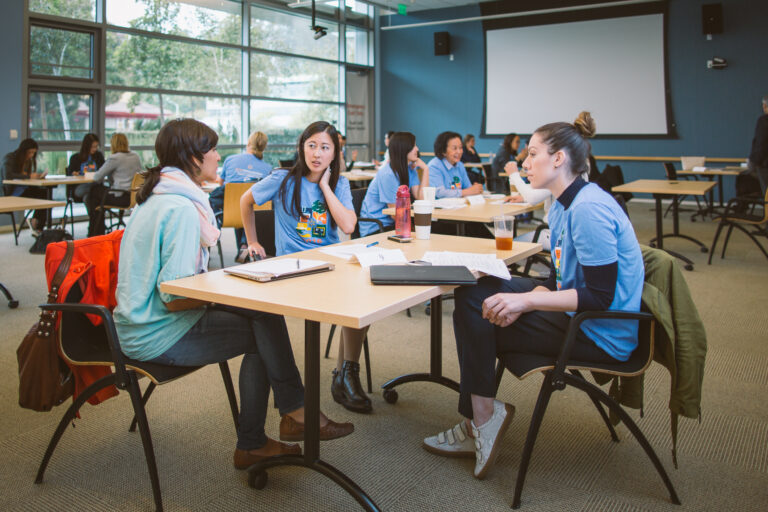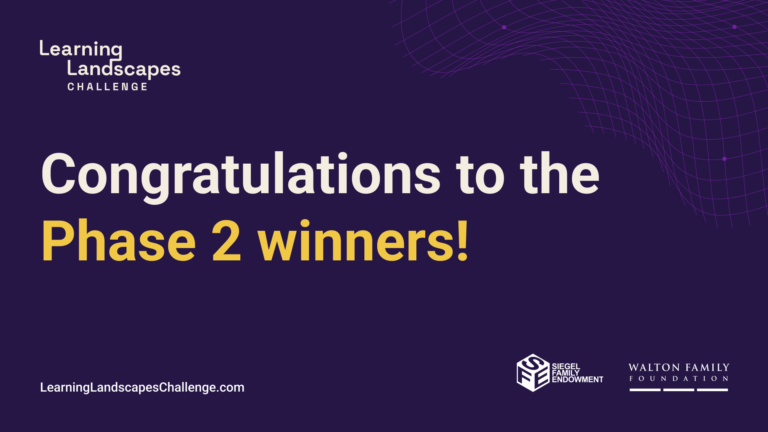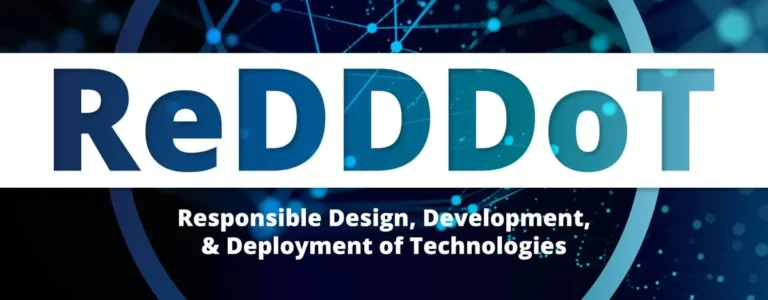Last month, Siegel Family Endowment’s Executive Director Katy Knight joined a panel convened by CSforALL on the future of CS education funding. The discussion explored a few fundamental questions for funders, and centered on asking why, considering all of the other priorities and potential focus areas available, the panelists and organizations they represent choose to make computer science education a major priority in their giving.
Panelists included Kate Maloney, Executive Director of Infosys Foundation USA, Erin Madden, Senior Manager for Community Impact & Investment at Capital One, and moderator Dr. Joshua Childs, Assistant Professor in the Educational Policy and Planning program in the Department of Educational Leadership and Policy at UT Austin.
Watch the full conversation and explore key highlights from the panel below.
Siegel Family Endowment’s commitment to CS education is about equipping young learners with the tools to participate fully in technology-driven world (3:12): Regardless of whether or not a young learner uses their CS education to prepare for a career in the tech industry, understanding computer science and computational thinking gives all people the tools they need to become productive members of society in a world shaped by technological change. “Access and opportunity to learning computer science, and exposure to computational thinking skills at early ages, are really important components to creating the kinds of citizens who are holistically prepared to engage in society,” said Katy Knight, Executive Director of Siegel Family Endowment.
Equity needs to be considered from the very beginning of all work if it’s going to be brought to bear effectively (9:40): Simple statements about the importance of equity are not going to move the needle when it comes to ensuring access. Kate Maloney of Infosys Foundation USA clarified that their equity commitments are a part of every level or their work, and that they see computer science education as being a tool that can help students and learners make a direct impact on the issues of equity and access that they engage with all the time. “When I talk about wanting to achieve digital equity, it’s not just to tick a box, or an add on to our existing grantmaking programs – it’s a genuine effort,” said Maloney.
Computer science education can’t be thought of as outside the context of the rest of students’ lives (23:20): When asked about pitfalls and shortcomings in CS education during the COVID-19 pandemic, Katy Knight responded by underlining the importance of understanding all of the factors that shape a student’s home life and ability to learn remotely under new and shifting circumstances. “So many of us have considered CS in a vacuum,” said Knight. “I hope that, coming out of this period of incredible challenges…that we’re energized to make CS as relevant and accessible as possible so that it becomes something that learners themselves consider integral.”





